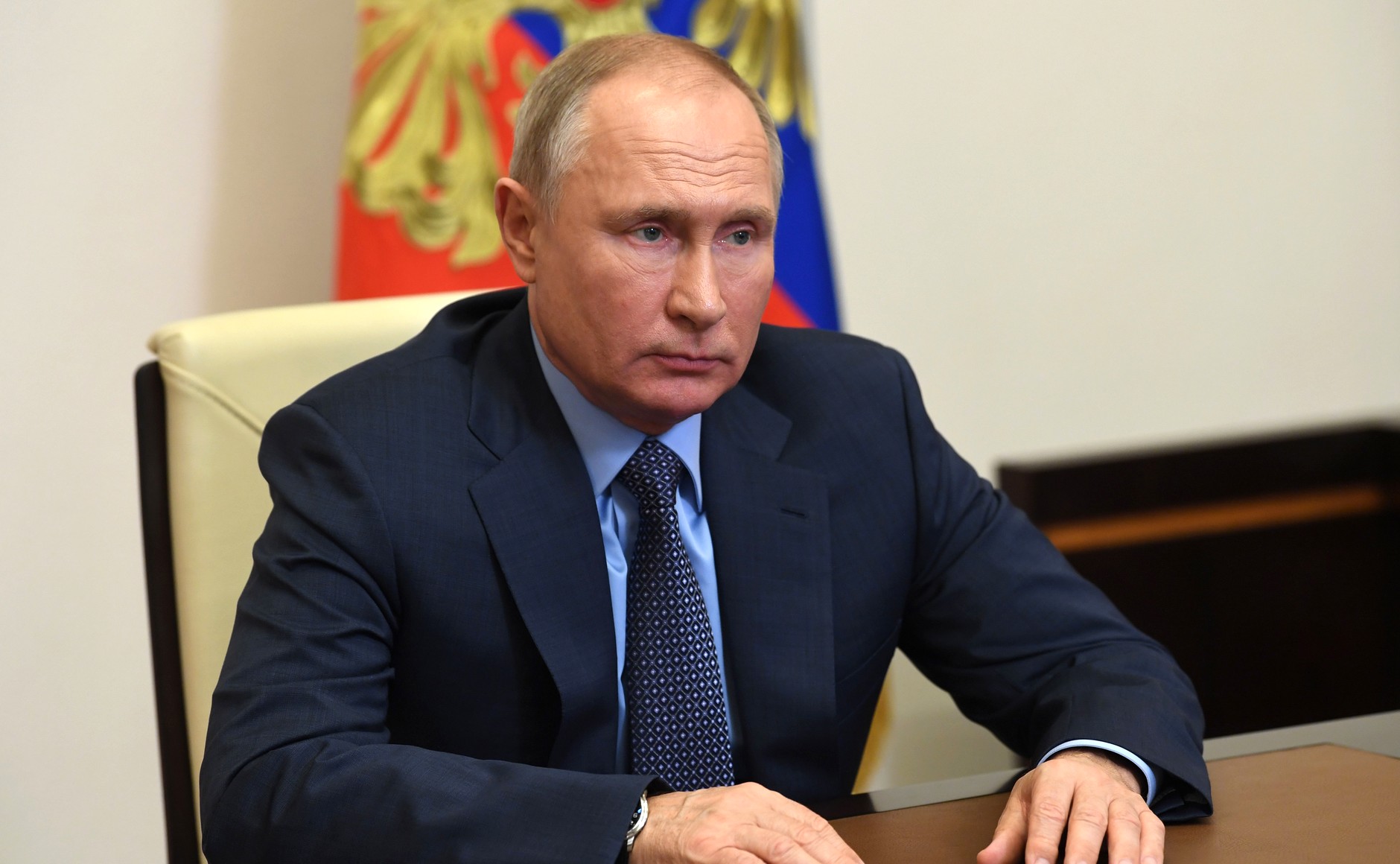Ukraine, these are the real aims of the Russian escalation

Russia's ongoing pursuit of escalation, and not an agreement, may have more to do with the strength of the Putin regime than with the course of the war. Stefano Silvestri's analysis for Affarinternazionali
We do not know who organized the attack on the bridge – wanted by Vladimir Putin and built in record time – that unites Crimea to Russia. Much of the success of the attack depended on the fact that it took place while a convoy loaded with explosive material passed alongside the truck bomb: coincidence or planning?
Whatever the answers, Putin is determined to blame Ukraine, supporting this as further proof of the perfidy of the Kyiv government, which does not abide by the limitations implied by the fact that Russian forces are conducting only a "special military operation" and not a war. Indeed, these behaviors of the Ukrainians would justify, in his opinion, the passage from the "special operation" to the real war. In other words: an escalation.
Russia is trying to regain political-strategic ground
These are obviously completely specious arguments. The Russian attempt to annex important and vast territories of Ukraine, using military force (without any restrictions as to the effects on the civilian population) can only be defined as war, more precisely war of aggression. However, Putin seems determined to use similar sophisms to justify an unspecified escalation. According to some, it could even be a prelude to the use of nuclear weapons. But is all this credible? And what real effects could it have anyway?
Russian forces are currently undergoing the Ukrainian counter-offensive, which has led to the liberation of important territories, including part of those that Russia claimed to have annexed. This forced the Kremlin to launch a first major round of compulsory conscription which should soon bring about 300,000 more troops to the front. In this way Putin hopes to be able to overturn the balance of forces in the field to his advantage, taking back the lost territories and conquering at least Odessa and perhaps Kyiv itself. At this point, the fiction of the special military operation would in any case be outdated and we would be faced with the dilemma of whether to lose the whole of Ukraine or stop the war with a "Korean-style" solution by obtaining a western Ukraine – presumably guaranteed by NATO – and an annexed eastern one. to Russia.
Not that this result (far from certain on the military level) can in any way satisfy Putin's dreams. It would have the consequence that NATO would be present in Ukraine and presumably in Georgia, and could also question Moscow's control over Belarus. A dramatic result for Ukraine, but difficult to present as a great Russian victory, also because sanctions would continue to bite and European customers of Russian gas and oil would also be permanently lost.
The nuclear threat
Hence the threatening references to the use of nuclear force, later denied by Foreign Minister Sergej Lavrov. However, the use of the nuclear weapon is neither simple nor obvious. A purely demonstrative use, analogous to the nuclear tests conducted by North Korea, would have no operational consequences and would only confirm what we all know very well, namely that Russia has nuclear weapons.
Of course, Putin could hope to intimidate and divide the front of Kyiv's western allies – particularly in Europe – but certainly not the United States, NATO or the European Union: multilateral ties act as a shield against erratic behavior and in any case compensate for any defections. The use on the battlefield of "tactical" atomic weapons (of which Russia has very wide availability) is also unlikely, if only because Ukrainian and Russian forces are in close contact and nuclear destruction would affect both, as well as to contaminate territories that Russia considers its own.
Indeed, the really possible use of nuclear weapons against Ukraine would lead to massive destruction, aimed at attacking the political and military chain of command, the logistic centers and hubs, the large infrastructures that keep the Ukrainian resistance alive, and this could hardly save important urban centers. In other words, a nuclear massacre. An intermediate hypothesis could include the nuclear destruction of a couple of Ukrainian cities (on the model of the American nuclear attacks on Japan), in order to obtain the capitulation of Kyiv.
The consequences for Russia
Such choices, however, would not simply make Russia an international pariah (indeed perhaps the international pariah par excellence, with which nobody wants to have anything to do with), but they could hardly be accepted without a blow by the allies of Ukraine. These are too aggressive and threatening choices to believe that they concern Ukraine alone. And the reactions, conventional at first, but perhaps even nuclear in case of further escalation, would be devastating for Russia itself.
The escalation that Putin seems to seek is therefore possible, but its consequences would probably be very negative for Russia as well, not just for Ukraine. In this situation, in reality, the Kremlin would have every interest in seeking a cessation of hostilities and not an aggravation of them, putting Ukraine in difficulty while it is winning. The fact that Moscow does not seem interested in such an initiative may have more to do with the strength of the Putin regime than with the course of the war.
This is a machine translation from Italian language of a post published on Start Magazine at the URL https://www.startmag.it/mondo/russia-escalation-ucraina-obiettivi/ on Mon, 10 Oct 2022 13:33:28 +0000.
